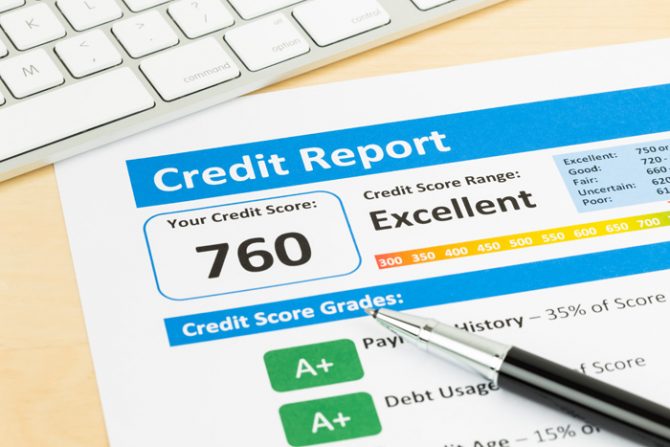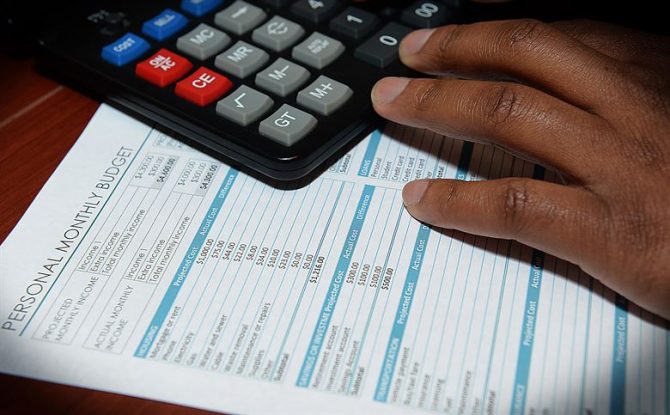Do you make New Year's resolutions? One great resolution is not to spend more than you make. One way to do that is to look at all your finances, see where you can trim some extra spending, and look at ways you can save.
 #1 Balance Checkbook: It's good to check your statements monthly to make sure there are no errors. If you see a transaction you don't recognize, work with your bank to resolve it. If you aren't great with math, consider using software that will help you balance your accounts. Or, you can use something as simple as a spreadsheet, using the software you already have on your computer. Keeping up with balancing your checkbook will help cut down on the hours spent trying to find $.32.
#1 Balance Checkbook: It's good to check your statements monthly to make sure there are no errors. If you see a transaction you don't recognize, work with your bank to resolve it. If you aren't great with math, consider using software that will help you balance your accounts. Or, you can use something as simple as a spreadsheet, using the software you already have on your computer. Keeping up with balancing your checkbook will help cut down on the hours spent trying to find $.32.
#2 Credit cards, loans, mortgages: Take a look at your credit cards statements each month to make sure there are no unexplained entries. If you find a transaction you can't explain, contact your credit card company immediately to resolve the issue. Keep a list of what you owe on each card. Also, find out how much you owe on your student loans, car or personal loans, and mortgages.
 #3 Credit Reports: Have you checked your credit report lately? You should do so at least once a year. In Massachusetts, you are entitled to 1 free credit report every 12 months from 3 major consumer reporting agencies (Equifax, Experian, and Transunion) at Freecreditreport.com. For more information on how to obtain your yearly free credit report and how to read the report, check out the Consumer Financial Protection Bureau. They have great resources on their website to check out.
#3 Credit Reports: Have you checked your credit report lately? You should do so at least once a year. In Massachusetts, you are entitled to 1 free credit report every 12 months from 3 major consumer reporting agencies (Equifax, Experian, and Transunion) at Freecreditreport.com. For more information on how to obtain your yearly free credit report and how to read the report, check out the Consumer Financial Protection Bureau. They have great resources on their website to check out.
#4 Keep track of your expenses and income: For one month, write down all of your expenses and money coming in. You can use a small notebook, your smartphone, or your computer. You don't have to be too specific, but enough that you can identify where your money is going and how much. By doing this step, it will help you when you are working on step #5.
 #5 Create a budget: Do you have something you are saving to buy such as a car or a house or a vacation to some exotic location? Planning for retirement? It's never too late to start saving. You want to start with a yearly budget recording your estimated income, interest, dividends, rent, and utilities and other expenses for 1 year. Next, create a monthly budget, making sure you put money aside for your savings, as well as any investments you plan to start.
#5 Create a budget: Do you have something you are saving to buy such as a car or a house or a vacation to some exotic location? Planning for retirement? It's never too late to start saving. You want to start with a yearly budget recording your estimated income, interest, dividends, rent, and utilities and other expenses for 1 year. Next, create a monthly budget, making sure you put money aside for your savings, as well as any investments you plan to start.
Let a significant other, a family member or a friend know you are trying to stick to a budget in 2019. You need to make sure you are accountable for sticking to your budget. What are your consequences of not sticking to the budget? There are months that you may need to adjust your budget due to an unforeseen expense. Decide what you can adjust your spending for the next month or more, so that you come as close to your yearly budget.
Every little bit of watching what you spend and save can help you towards financial freedom. Congrats for taking the first step to a new financial you!
Here are some books to get you in control of your finances:
The Charles Schwab Guide to Finances After Fifty


Add a comment to: New Year, New Financial You